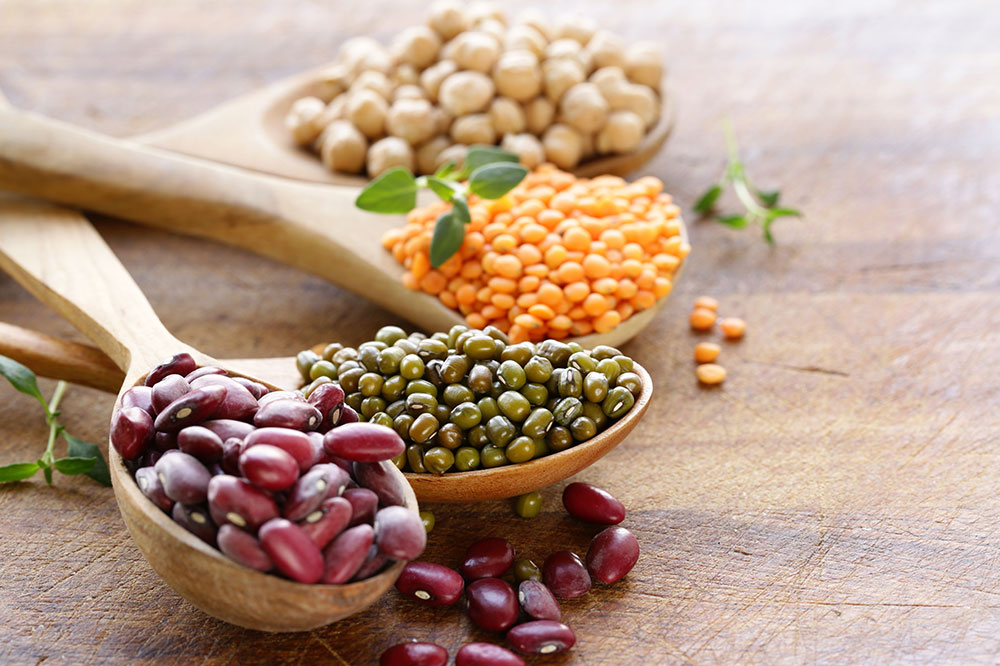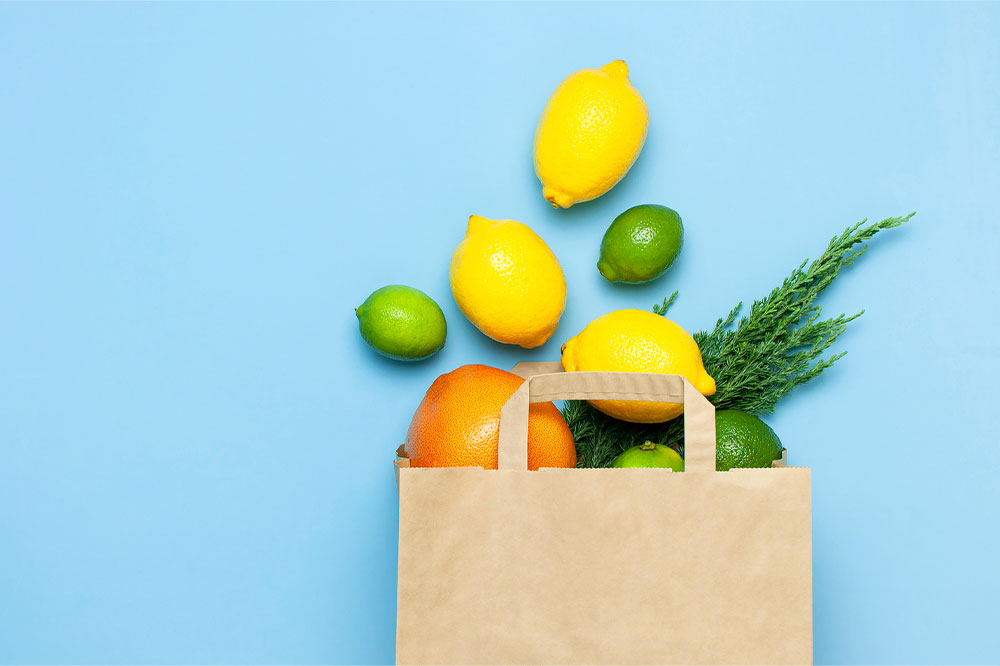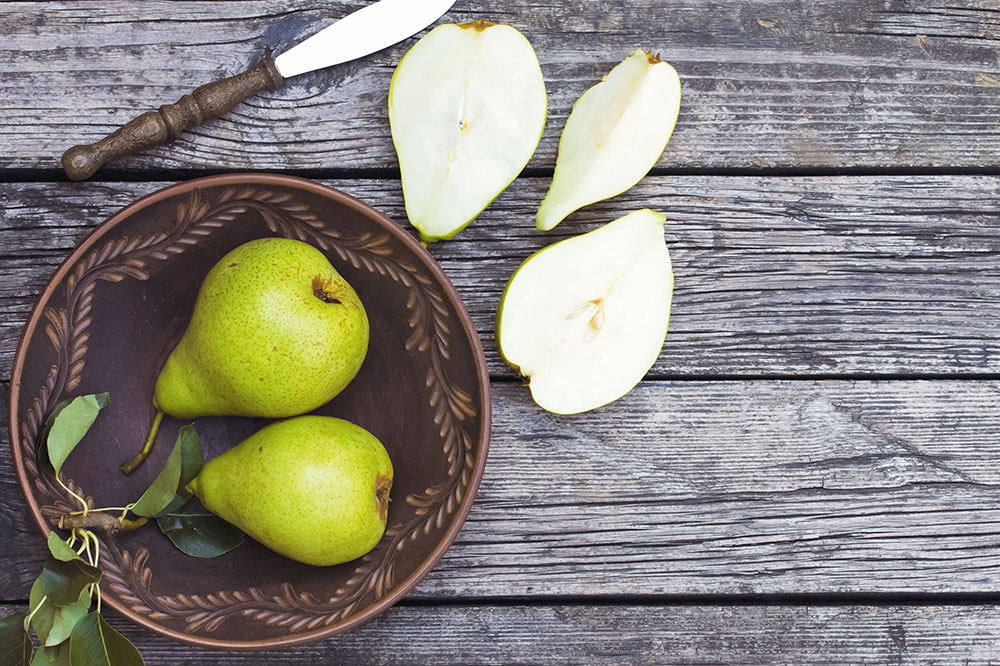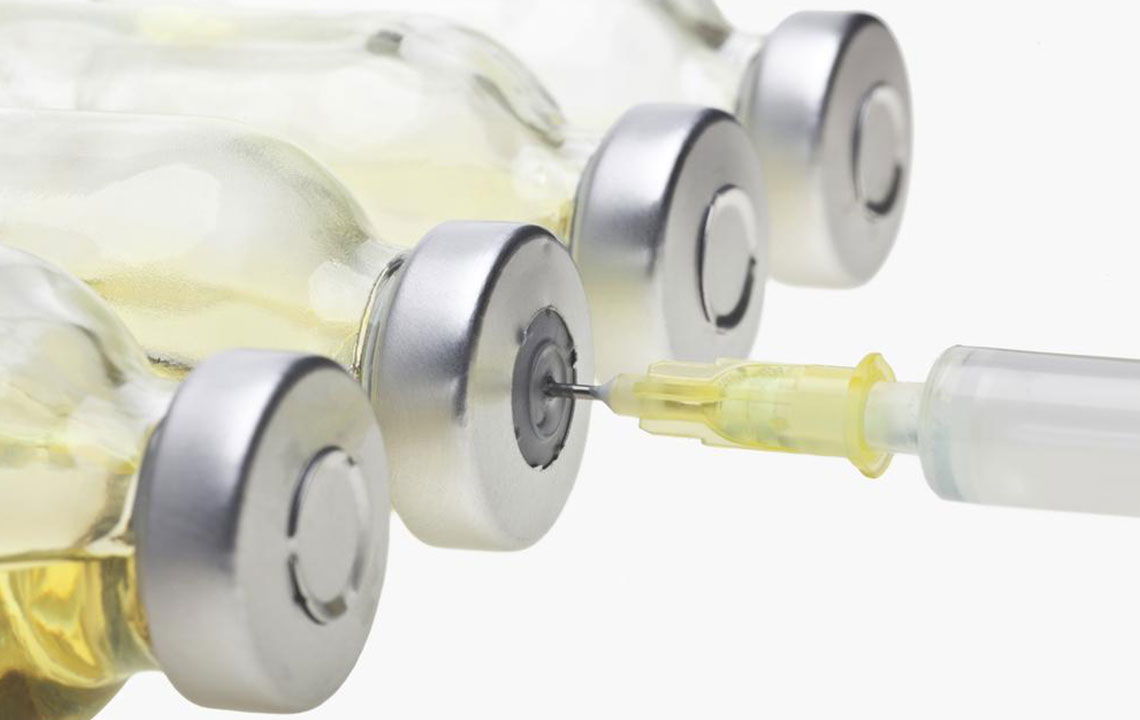Dietary Tips for Managing Bladder Control and Incontinence
Learn effective dietary strategies to manage bladder control issues. This guide highlights foods to include, such as lean proteins and whole grains, and those to avoid, like caffeine and spicy foods. Medical options like GEMTESA and MYRBETRIQ can further support symptom relief. Proper nutrition, combined with medication, can significantly improve bladder health and quality of life.
Sponsored

Dietary Recommendations for Improving Bladder Health
Recent studies show that over 30% of women experience bladder control challenges, often due to factors like aging, weight gain, weakened bladder muscles, or medication use. Proper nutrition plays a key role in managing symptoms of overactive bladder. Here are some foods to incorporate and foods to avoid for better bladder health.
Foods to Limit or Avoid
Certain foods and drinks can exacerbate bladder issues. It's best to steer clear of:
Caffeine
Coffee, tea, energy drinks, and carbonated beverages contain caffeine, which acts as a diuretic and can trigger frequent urination.
Alcohol
Alcohol also increases bladder pressure and disrupts normal signals to the brain, leading to more frequent urges to urinate.
Spicy and Irritating Foods
Foods like peppers, chili powders, horseradish, and other spices can irritate the bladder lining, intensifying the urge to go and possibly increasing water intake, which worsens symptoms.
Artificial Sweeteners
Artificial sweeteners may cause bladder muscles to become overactive and elevate the risk of UTIs, especially in women.
Foods to Include
Incorporating the right foods can support bladder health. Consider adding:
Lean Proteins
White-fleshed fish, plain Greek yogurt, beans, peas, lentils, lean poultry, and powdered peanut butter can help minimize bladder irritation and reduce overactive bladder episodes.
Whole Grains
Oats, quinoa, and other whole grains provide healthy carbs that promote regular bowel movements, supporting bladder control.
Starchy Vegetables
Potatoes, especially russet and sweet varieties, are comfort foods that can aid bladder health without causing irritation.
Pears
Low in sugar and packed with fiber, pears facilitate smooth bowel movements and contain antioxidants that may reduce UTI risks.
Cruciferous Vegetables
Broccoli, Brussels sprouts, cauliflower, and cabbage offer nutrients like vitamins C, E, K, folate, and fiber that bolster bladder function.
Certain medications, such as GEMTESA, are approved to treat overactive bladder by reducing urgency and incontinence episodes. Usually available as 75 mg tablets to be taken daily, common side effects include headache, nausea, and diarrhea. MYRBETRIQ is another effective prescription for bladder control, with a typical dose of 25 mg, which can be increased to 50 mg under medical supervision.






